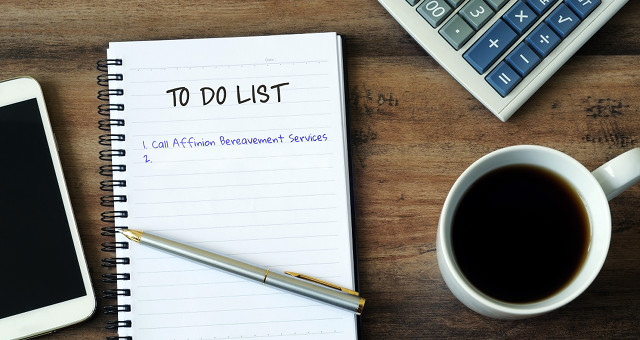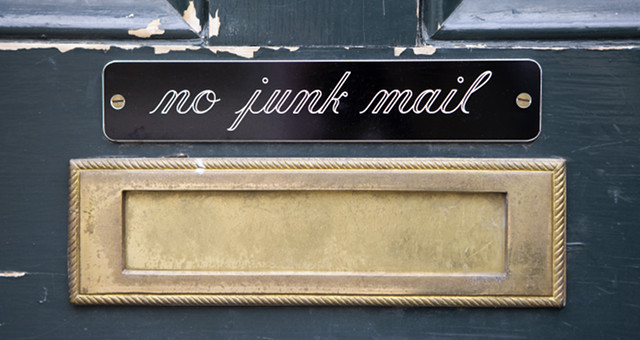Working out what to do first when someone dies can seem overwhelming and confusing. As well as notifying family and friends, there are various practical matters that need to be dealt with in the weeks and months following the bereavement, which include:
Practical Guidance
Registering the death – where, when and how to register a bereavement.
Who to inform following the bereavement – on average twenty different organisations need to be notified such as government departments, banks, and utility companies.
Arranging the funeral and how to pay the costs – finding a funeral director and any financial help available to meet the funeral costs.
Managing the deceased’s property and personal possessions – safeguarding assets and transferring or selling the property.
Practical Support
Dealing with money and tax matters – identifying financial assets, completing Income Tax, Capital Gains and Inheritance tax forms.
Dealing with Wills, Probate and other legal responsibilities – checking if a Will is valid and what to do when there is no Will, whether a Grant of Probate or Letters of Administration is needed and how to obtain them.
Stopping unwanted junk mail to the home of the deceased - stopping mail being sent to the address of the deceased by registering with ‘The Bereavement Register’.
Informing banks, building societies and utility companies of the bereavement on your behalf - quickly notifying banks, building societies, utility providers and insurance companies about the recent bereavement.
We provide free support and guidance on the practical matters that need to be considered following a bereavement.
We are proud of the support we deliver to people at a difficult time and welcome feedback that we openly publish through our Trust Pilot score.
Affinion Bereavement Services is founded on ethical principles, and as such we make regular donations to well-known UK charities.

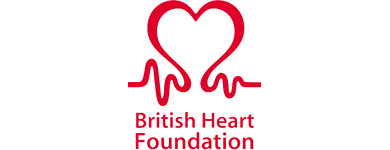
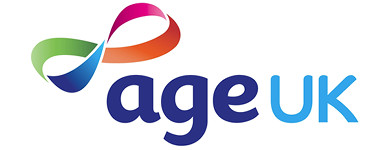
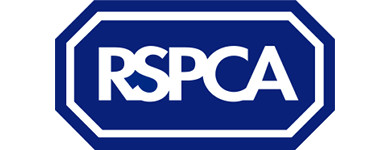

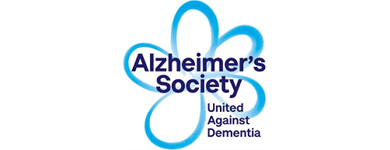
How our customers rate us





